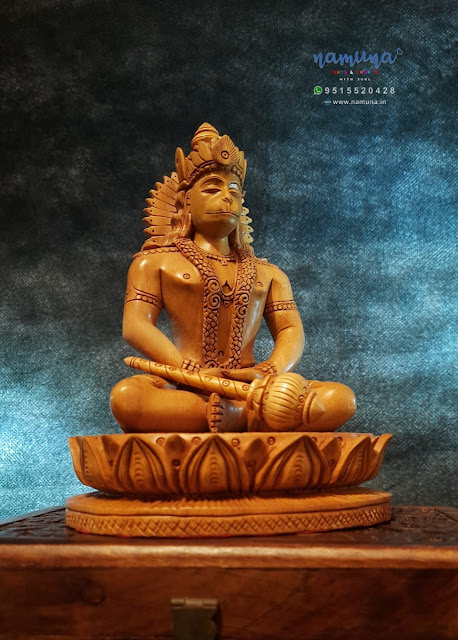dried basil uses- uses in cooking - health benefits -basil tea - benefits and side effects - benefits of leaves for skin- etc.
Ocimum sanctum (Ocimum gratissimum), eugenol type, organically produced, steam-distilled leaves and blossoms, India.
• Spicy/pungent
• Stress reducer
• Memory retention
• Anti-bacterial
• Use with care in certain medical conditions
Unlike common vegetable basil oils, Holy Basil from India has a rich and flavorful aroma as it is rich in eugenol, the petrochemical that clove gives, and the distinctive notes of our fresh cinnamon.
Due to its chemical content, this basil causes severe irritation and should be used in very small dilutions.
Some sources suggest that it may be helpful in relieving pain associated with peripheral neuropathy, arthritis, and other joint diseases (possibly in combination with an anti-inflammatory oil such as Roman chamomile or helicrysum). Gene Rose suggests that it might have hormone-like effects on the prostate.(I'm a bit skeptical, but I honestly don't know.) It can be diluted into a massage base or used in a warm compress to help ease an upset stomach.
The oil is said to have antibacterial and antiseptic properties. Inhibits the in vitriol growth of Mycobacterium tuberculosis and Micro coccus pyogenes. Arias. It recognizes the effect of pesticides against mosquitoes, although it is not comparable to pyrethrum. The mosquito repellent effect lasts about 2 hours.
Spiritually, when inhaled, holy basil helps fight anxiety, hysteria, and nervous breakdowns. It is a pain reliever without anesthesia. Some roots, like other basils, increase clarity of thought and help maintain memory.
This basil is considered a sacred herb in India, where it is planted around doors to drive away evil spirits. In different parts of the East it is planted around temples and used in prayer beads.
A key ingredient in our Summer Sunshine Solstice Blend and an oil to consider when creating your own blend to celebrate the summer solstice.
Safety: Robert Tisserand advises on skin sensitivity (moderate risk), irritation of the mucous membranes (low risk). The drug interacts with pethidine, MAOIS, SSRIs, and anticoagulants.
Contraindicated in major operations, ulcerative diseases, hemophilia and other bleeding disorders. Maximum skin consumption 0.7% - 1.0%
Shelf life: approximately 2 to 3 years after opening the bottle. Storing dark, frozen, and half-finished bottles in smaller, full bottles will extend shelf life.







Comments
Post a Comment